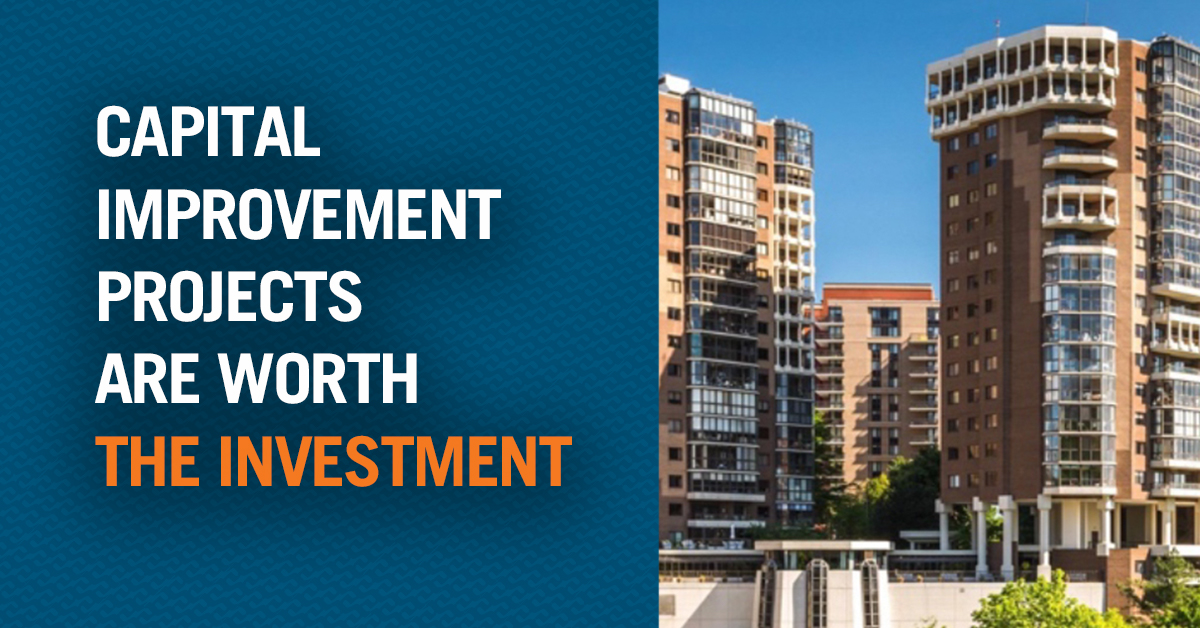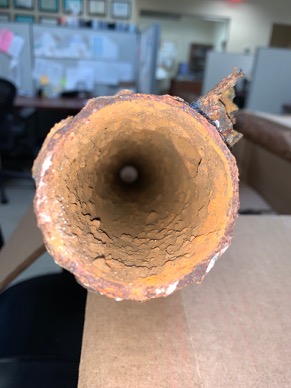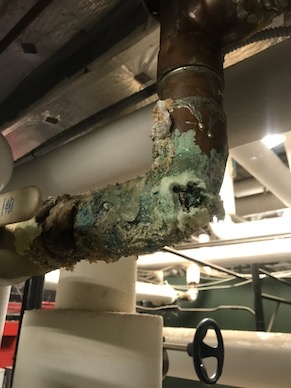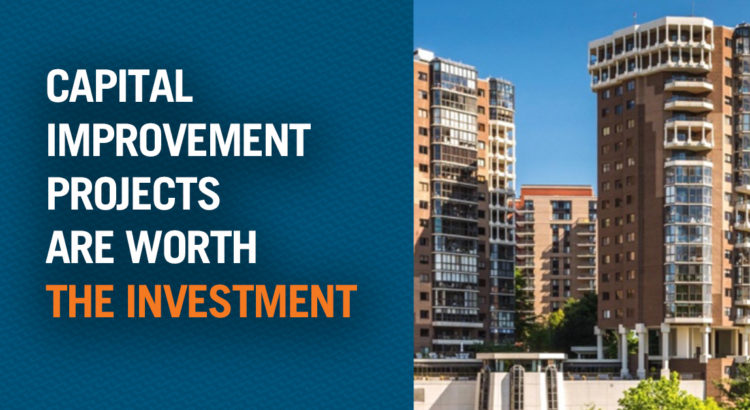
Does the idea of a capital improvement project for your community give you anxiety?
Properties may be reluctant to undertake large capital improvement projects because they are unsure where to start or whether they will see a return on investment.
Prioritizing projects at your community can be tricky. Is it more urgent to replace the roof, repair the elevator, or tackle less visible issues, like pipe replacement? Projects carry different costs and yield a different return on investment. Some issues can go unaddressed without causing significant damage while others create more risk the longer they are untreated.
Unfortunately, communities forget about their pipes because pipe repairs seem like an easy fix handled with the maintenance budget. Not to mention that replacing pipes isn’t nearly as ‘sexy’ as a newly resurfaced pool or lobby renovation. But consider this: leaky pipes will not improve through patchwork repairs and your maintenance costs and insurance claims will increase while you spend more time managing angry residents and overworked staff. Because plumbing leaks are usually a symptom of systemic issues throughout the property, choosing to repair instead of replacing pipes can escalate into an unwinnable game of “whack-a-mole”.
“At the Belvedere Condominium in Arlington, VA, we experienced an increasing number of leaks over several years that caused varying degrees of damages,” said Sashy Carrillo, CMCA, AMS, General Manager. “Our rising number of insurance claims threatened to make us uninsurable. Therefore, the Association made the decision to replace all the cold and hot water risers and pipes that serve all water fixtures in both residential towers. It was a disruption to our residents’ lifestyle, but it was worth the inconvenience to get the project done.”
Planning for a capital improvement project, such as a repipe, does not have to be a huge headache. The first step is to think ahead. Based on your building’s age and the useful life of your systems, anticipate projects that will need to be completed in six months, one year, five years, or longer. Knowing what’s in your building, when it was installed, and how it is aging help evaluate how long you may have before needing to repair or replace your pipes. Since domestic and hydronic piping starts to fail around 30 years of age, it’s wise to start planning and reserving now, even if you aren’t experiencing any leaks.


Even with an assessment and careful planning, knowing when to pull the trigger on a large capital improvement project can be difficult. You should consider the timing of other maintenance projects and community investments, the financial impact of your proposed renovation, and how you will fund the project. Likewise, knowingly waiting on certain projects, like pipe replacement, may violate certain fiduciary responsibilities to maintain the building, resulting in residents suing management for failing to maintain the property.
For a solid return on investment, pipe replacement is one of the best capital improvement projects your community can undertake. Some of the benefits include:
- Reduction in insurance bills. After a repipe, many communities see their deductible decrease from $25,000 to $30,000 per incident to $3,000 – $5,000 per incident.
- Decline in overall repair costs.
- Reduction in overtime payment for building staff to repair leaks.
- Increased resident satisfaction.
- Improved building reputation in the surrounding community and in online reviews, which is especially important if your community has negative online reviews that can deter potential residents.
- Increased resale values. Prospective buyers will take comfort from knowing the community won’t leak.
While there’s no crystal ball that tells you when the time is right to repipe, no one has ever complained about repiping too early. By waiting too long, your risk of floods, insurance claims, and resident backlash over continued plumbing emergencies. By acting early, you avoid these potential problems and gain the benefit of reduced insurance premiums, increased property values, and enhanced building reputation.


